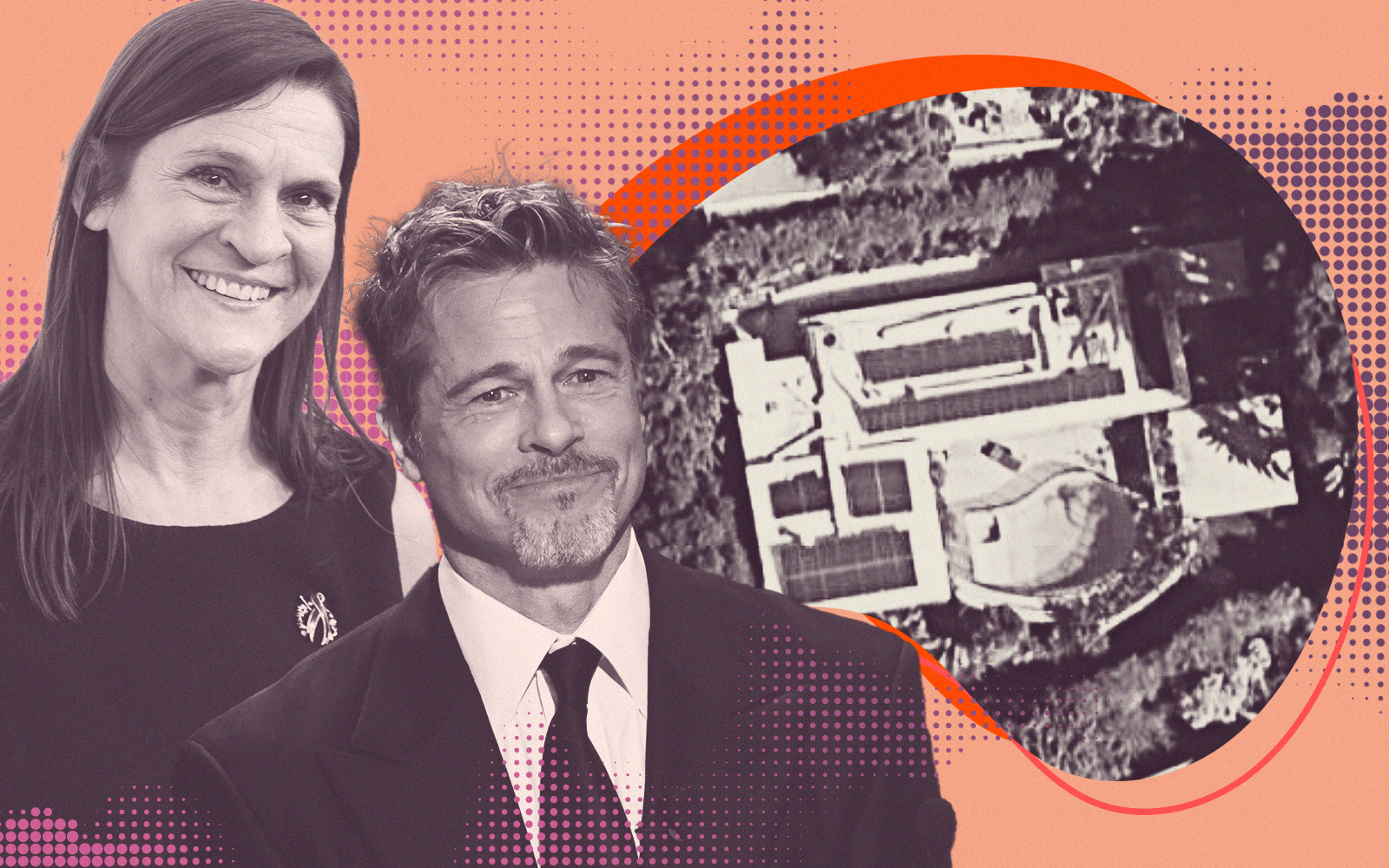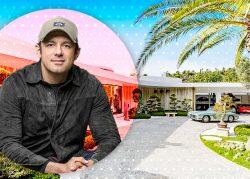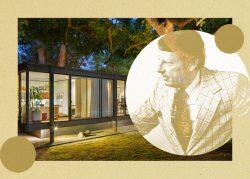Los Angeles was once covered with bungalows, “Brady Bunch” ramblers and now-famous Mid-century Modern homes. It’s now filling up with box houses.
A surge in cheaper-to-build box houses across the city in the last 15 years is a response to a nation dominated by tech, capitalism and a desire for larger living spaces, according to the Los Angeles Times.
The box house is basic: simple and smooth. Straight lines, glass walls. In shades of white or black. Critics see the style as inert — soulless.
The squarish homes lack turrets, eaves or stained-glass windows. A focus on the bottom line does away with sloped ceilings, skylights and superfluous eye candy.
A box house means the largest amount of square footage possible for the cheapest possible construction price.
“Box houses are cheaper and faster to build. They’re a hit for buyers seeking space as the ultimate goal,” real estate agent Bret Parsons told the Times. “But when so many are plopped into traditional neighborhoods, it can be jarring to the psyche.”
When such homes sprouted after the housing crash in 2008, some assumed they’d be like mushrooms after a rain. But demand for the style rages on — with cities such as Santa Monica pushing for more architectural variety, or pushing back with historic preservation overlay zones.
In Highland Park, three of the four homes now on the market built since 2010 are boxes. In Hollywood Hills, five of the six homes on the market built since 2010 are boxes, according to the Times.
At an October open house for one such listing in Hollywood Hills, would-be buyers swarmed despite a cooling market.
“I like how open it is,” Michelle Cook, who has shopped around for a modern-style home since summer, told the Times. “Having too many rooms stresses me out.”
Not everyone is as taken with the box. Over the last decade, critics and home buyers have derided modern home design, calling it bland, boring and uninspired.
“Every time I see a new construction and find out it’s gonna be a box, I get sad inside,” said Terry Lee of Eagle Rock, which has seen modern homes replace its two- and three-bedroom bungalows. “This is a pretty neighborhood, and it’s starting to lose its color.”
In the current market, buyers with deeper pockets want more space — an extra bedroom, bathroom or any room. Developers have built houses bigger to meet the demand.
A 2020 study from StorageCafe found that the typical single-family home in Los Angeles from 2010 to 2019 grew by 196 square feet. Building a simple square is the easiest way to maximize square footage while leaving room for outdoor space.
Adam Greenfield, a transportation and land-use advocate who has written about the blandness of contemporary architecture, blames builders, not buyers, for the shift to square houses. He calls them “milk carton houses,” with most people preferring traditional over modern.
“The market is led by the marketeer. What choices do people have?” Greenfield asked the Times. “In my neighborhood, if you want to buy a new building, you’ll probably have no choice but to buy a white box.”
— Dana Bartholomew
Read more



